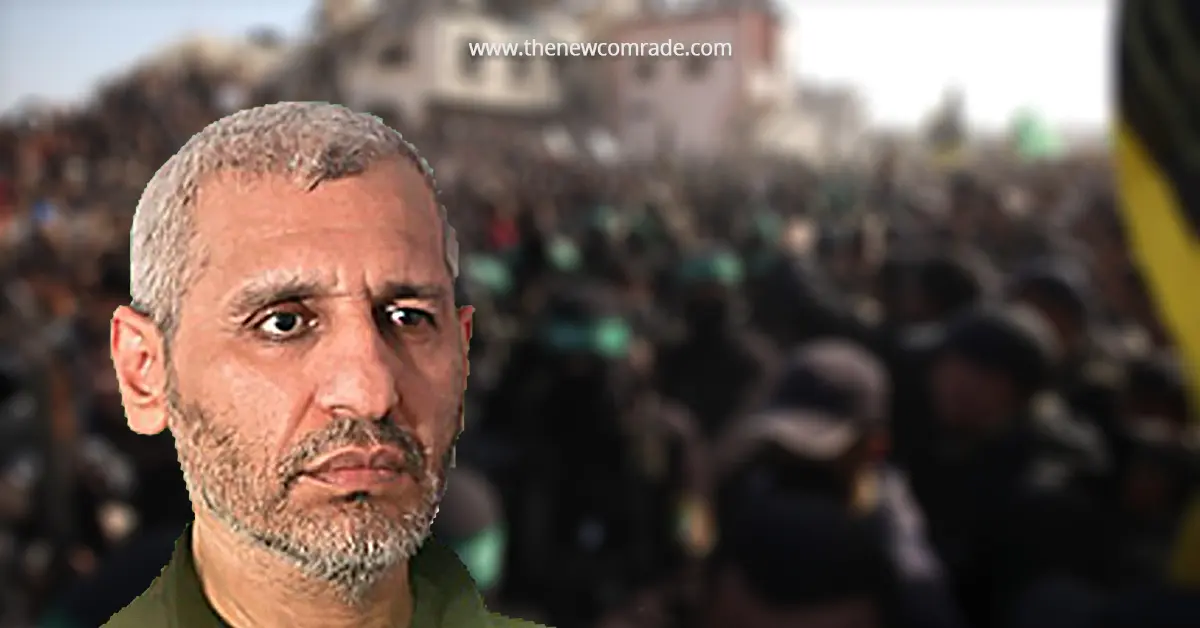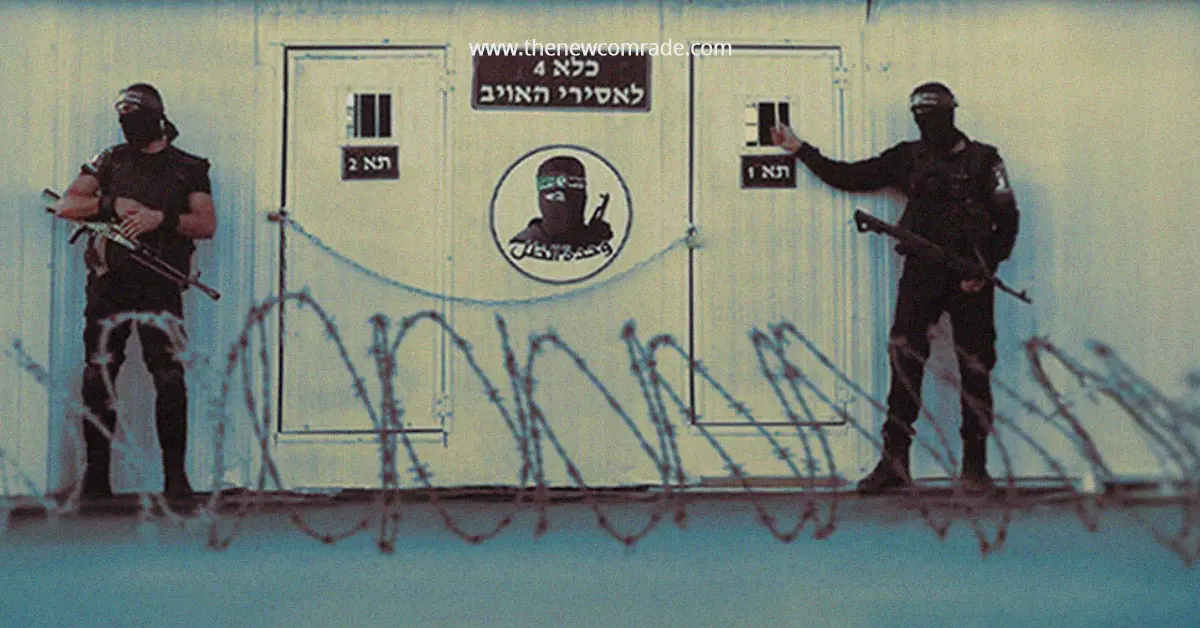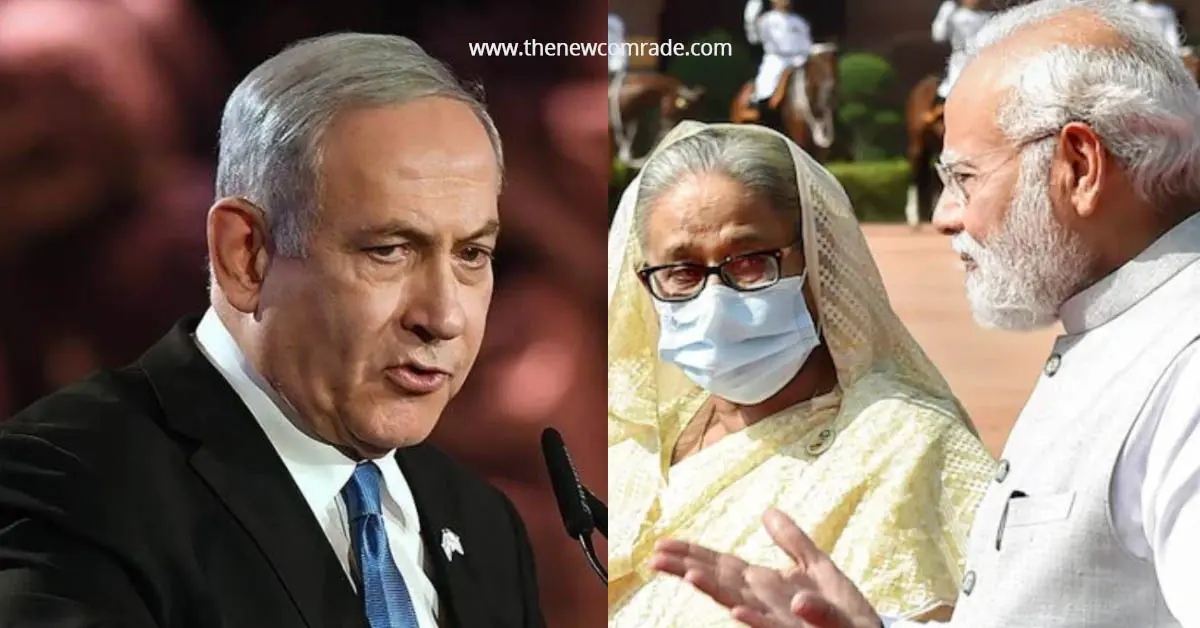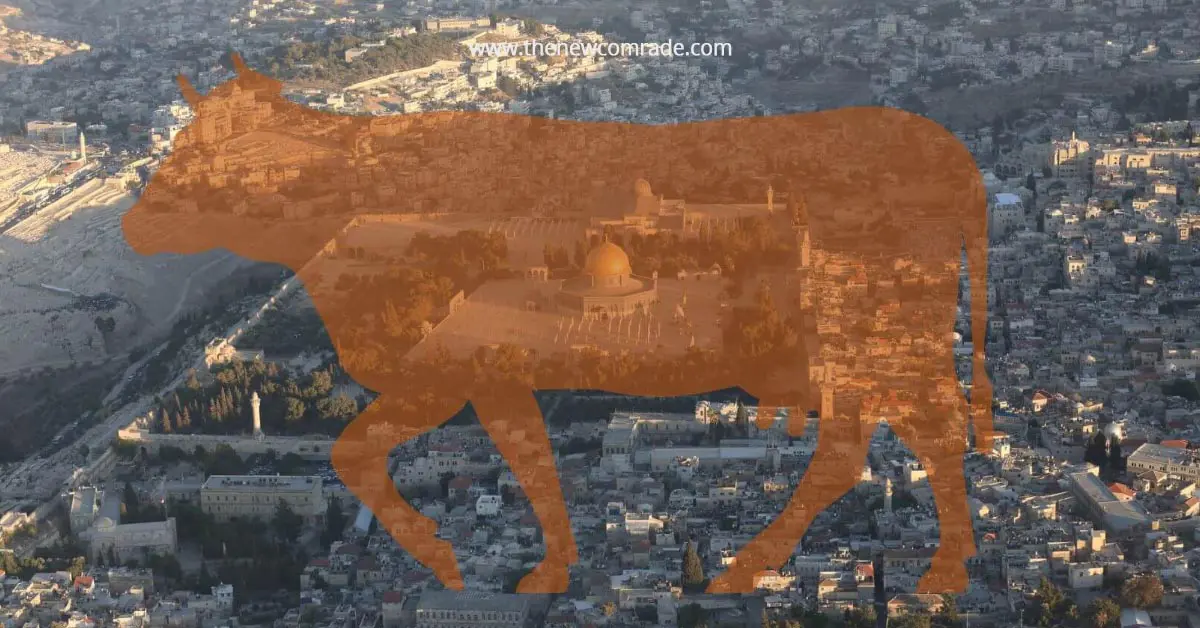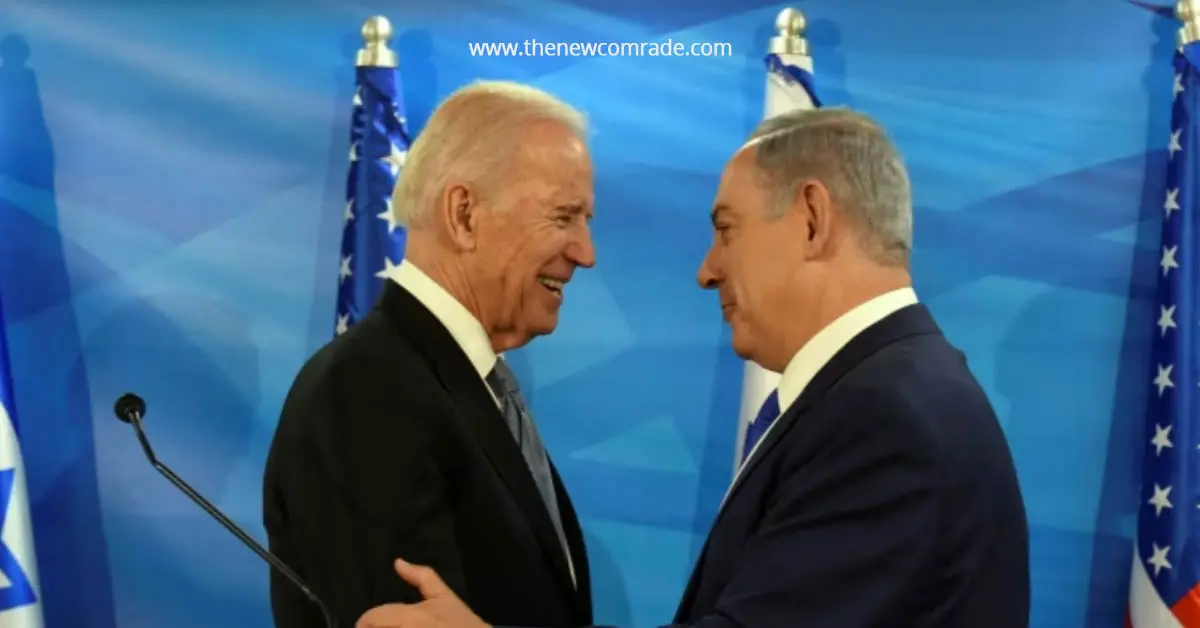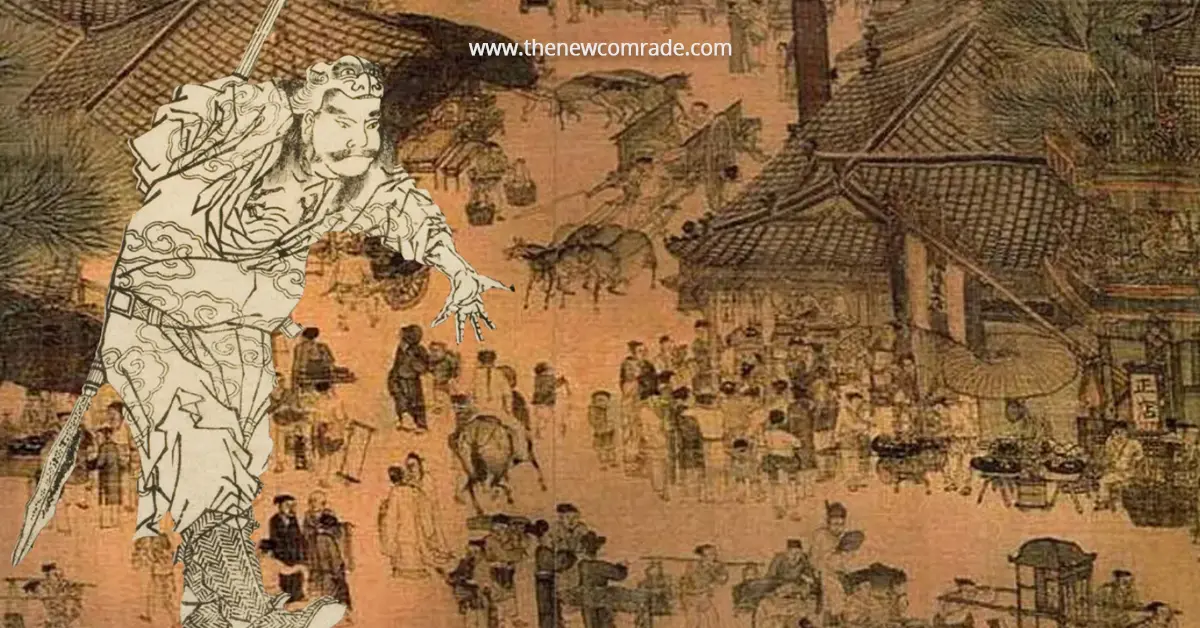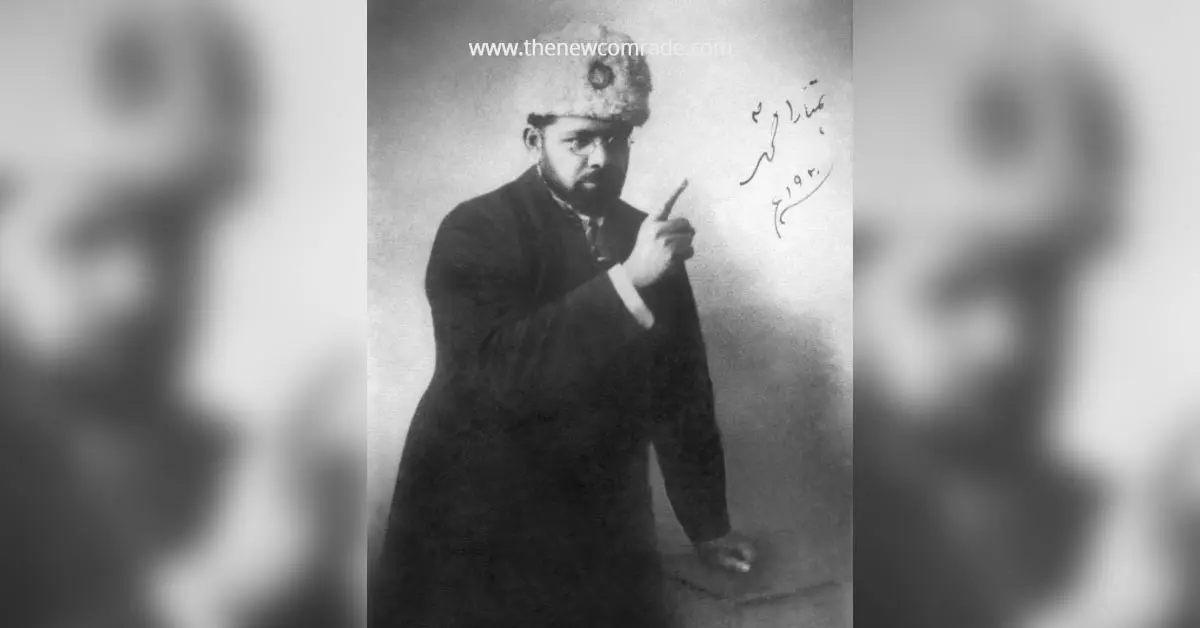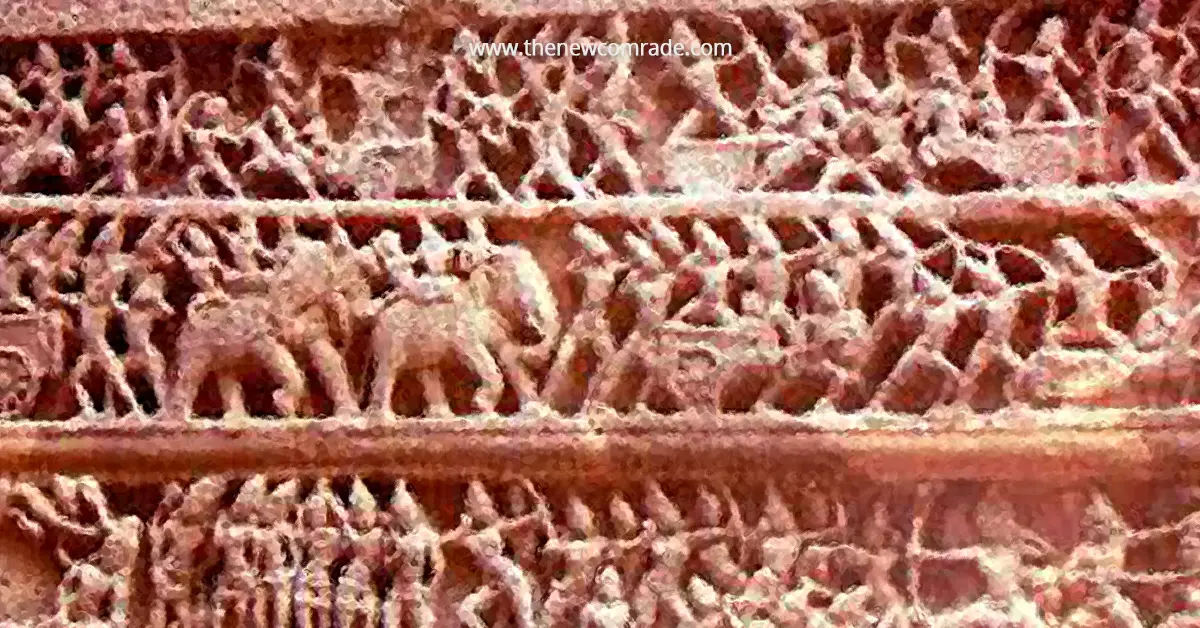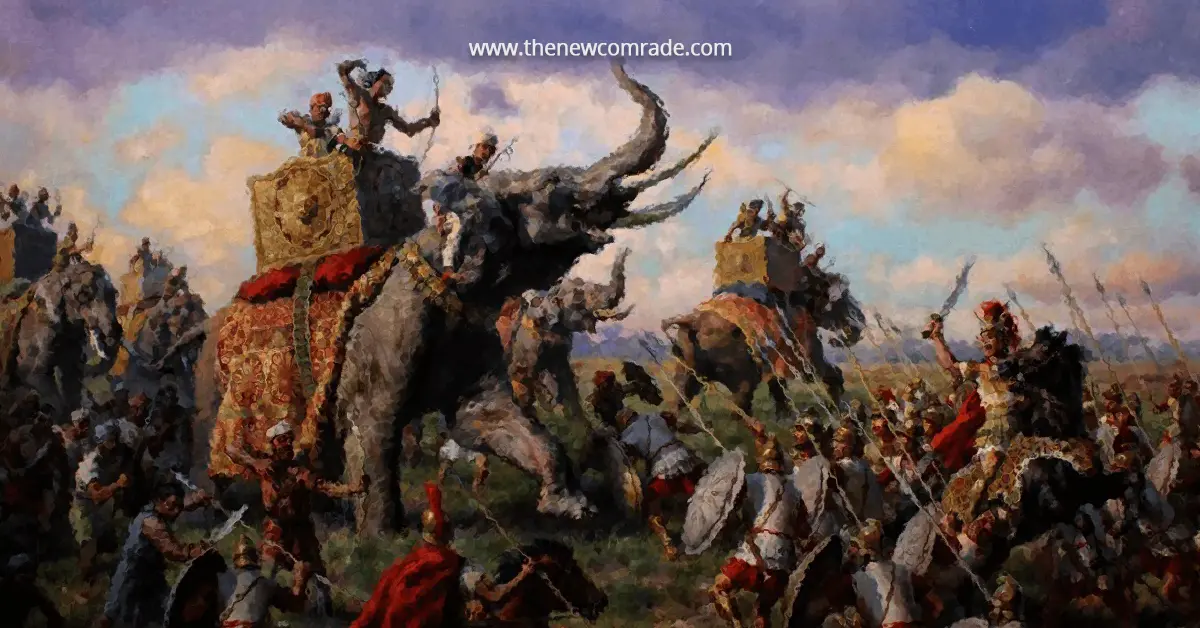“My Story, breaks from the tradition of politicians publishing their life stories after leaving office”.
Instead, he released it in October 2022 while actively campaigning to reclaim Israel’s Primeministership. The book serves as both a personal account and a political manifesto, highlighting his achievements, criticizing rivals on the left and within his own party, and detailing his disagreements with U.S. policies on Palestine and Iran.
Despite its promotional tone, the memoir offers valuable insights into Netanyahu’s upbringing, leadership style, and behind-the-scenes dealings with Arab leaders.
A Legacy of Conflict and Security
Netanyahu begins with a deeply personal story from 1972, recalling his involvement in Operation Sabena. As part of Israel’s elite Sayeret Matkal unit, he helped rescue hostages from a hijacked plane, under the command of Ehud Barak. During the mission, Netanyahu was shot in the arm. He then reflects on the tragic loss of his older brother, Yoni, who was killed in the 1976 Operation Entebbe—another hostage rescue mission. These experiences, he explains, shaped his belief in Israel’s security above all else.
When asked in a 2011 interview how he would like to be remembered, Netanyahu’s response was simple: “I helped secure the life and future of the Jewish state.”
Rise in Politics and Diplomacy
Netanyahu’s political journey began in 1982 when he accepted a position as deputy to Moshe Arens, Israel’s ambassador to Washington. This marked the second time he renounced his American citizenship—the first being in 1967 when he enlisted in the Israeli military. By 1984, he had become Israel’s delegate to the United Nations, where he formed relationships with influential figures like Henry Kissinger and media mogul Rupert Murdoch. During his tenure, he published op-eds on counterterrorism in major U.S. newspapers, solidifying his role as a voice for Israel on the global stage.
Returning to Israel in 1988, Netanyahu entered the Knesset and quickly rose through the ranks of the Likud party. He positioned himself as a staunch opponent of the 1993 Oslo Accords, arguing they brought PLO forces dangerously close to Israeli population centers. He rejected the “land for peace” approach, advocating instead for “peace for peace” — demanding Palestinian recognition of Israel as a Jewish state, maintaining security control over the West Bank, and preventing the formation of a Palestinian army.
Secret Meetings with Arab Leaders
Netanyahu’s memoir also sheds light on his covert dealings with Arab leaders. Months before the 1996 elections, King Hussein of Jordan invited him to a secret meeting in London, mediated by Crown Prince Hassan. The Jordanians, he claims, were more concerned about the prospect of a Palestinian state than his own election victory.
Once in office, Netanyahu continued to strengthen ties with Jordan. He describes another private meeting with King Hussein at the monarch’s home outside London. In a striking admission, he told the King: “I consider the survival of the Hashemite Kingdom a vital Israeli interest. If necessary, we will intervene militarily to prevent its fall.” He viewed Jordan’s long border with Israel as a potential security threat if it were ever taken over by hostile forces.
However, despite his rapport with King Hussein, Netanyahu approved a Mossad plan in 1997 to assassinate Hamas leader Khaled Meshaal in Jordan. When the operation failed, he was forced into a humiliating deal: handing over the captured Israeli agents in exchange for the release of Hamas founder Sheikh Ahmed Yassin. Reflecting on the incident, he concedes: “Even though Meshaal was a suitable target, I should have realized from the start that Jordan was an unsuitable location for such an operation.”
Political Setbacks and Comebacks
After losing the 1999 election to Ehud Barak, Netanyahu briefly stepped away from politics, only to return as Finance Minister under Ariel Sharon in 2003.
Faced with Israel’s worst economic crisis in decades, he implemented sweeping free-market reforms, cutting welfare programs and privatizing state-owned enterprises. He recalls a key moment when labor unions threatened a nationwide strike. Rather than negotiating each reform separately, he pushed them all through the Knesset at once. The strikes fizzled out within weeks—a tactic he would later use to pass judicial reforms in defiance of public protests.
But Netanyahu’s biggest break with Sharon came over the 2005 disengagement from Gaza. He fiercely opposed the withdrawal, warning that it would only embolden Hamas. When Sharon refused to hold a party referendum on the plan, Netanyahu resigned in protest. Sharon then left Likud to form the centrist Kadima party, and in the subsequent 2006 elections, Likud suffered a crushing defeat.
“It was the worst loss of my career,” Netanyahu admits.
Yet, as history would prove, it was far from the end of his political journey.
In the end, Netanyahu resigned from the government, while Sharon split from Likud and formed his own party, Kadima. On January 4, 2006, Sharon suffered a stroke and fell into a coma, where he remained until his death eight years later. The Knesset was dissolved, and new elections were held in which Kadima, led by Ehud Olmert, won 42 seats, while Likud’s position deteriorated until Netanyahu said: “It was a crushing defeat, the worst of my career.”
After the War Against Hezbollah
Following the 2006 war against Hezbollah in Lebanon, Ehud Olmert’s popularity plummeted as criminal cases emerged against him. His successor, Tzipi Livni, failed to form a new government, allowing Netanyahu to capitalize on the political instability. In 2009, after a decade-long hiatus, he returned to the position of prime minister by forming a coalition with the Labor Party.
Beware of the Tsunami
Netanyahu’s vision of peace put him at odds with Barack Obama and his administration, which viewed the core issue of the Middle East conflict as the lack of a Palestinian state and the expansion of Israeli settlements. In his book, Netanyahu argues:
“For decades, American administrations have embraced the theory of territorial concessions. They believe that withdrawing from occupied territories can lead to peace… but this approach fails to consider the possibility of political change in the Arab world, which makes Israel’s situation more precarious. This was evident when Islamists took control of parts of Syria during the war and when the Muslim Brotherhood rose to power in Egypt after the January Revolution.”
Reflecting on the Arab Spring, Netanyahu reveals that he had warned Washington that Mubarak’s removal could lead to Egypt’s Islamization. He describes Mohamed Morsi’s presidential victory as a disastrous development for Israel, likening the wave of Islamist influence during the revolutions to a tsunami sweeping across the Arab world.
The Khartoum Raid and the Assassination of al-Jaabari
Netanyahu discloses that on October 23, 2012, at midnight, the Israeli Air Force struck Khartoum Airport to destroy forty containers filled with weapons and explosives sent by Tehran. These arms were intended for Hamas, to be smuggled through Sudan, the Nile Valley, Sinai, and eventually into Gaza via tunnels. He adds that after the attack, he sent Sudanese President Omar al-Bashir a brief message through secret channels: “You are next.” According to Netanyahu, this warning contributed to shutting down the smuggling route from Sudan.
He also explains that the assassination of Qassam Brigade commander Ahmed al-Jaabari in 2012 was meant as a clear message to Hamas leadership: “Sooner or later, Israel will get you.” Netanyahu admits that his government agreed to an early ceasefire in the ensuing conflict because Israel’s stockpile of Iron Dome missiles was running low at the time.
Discussing the 2014 war, Netanyahu highlights Obama’s refusal to support an Israeli ground operation in Gaza. He details his coordination with Egyptian President Abdel Fattah el-Sisi, stating: “Our common goal was to achieve an unconditional cessation of hostilities. The last thing Sisi wanted was for Hamas to succeed in Gaza… To my surprise, Secretary of State Kerry urged me to accept Qatar and Turkey as mediators instead of the Egyptians. Sisi and I agreed to keep the Americans out of the negotiations.”
The Secret Meeting and the Land Swap Proposal
Netanyahu confirms that he proposed a land swap deal to Washington, which involved adjusting the Sinai border by moving Israel’s fence one to two kilometers into occupied territory, granting Egypt an additional 200 to 400 square kilometers. In return, Egypt would allocate an equivalent area to Gaza. A similar arrangement was suggested along the Wadi Araba border with Jordan, where Jordan would provide land to Palestinians in exchange for Israel retaining Jewish settlements and biblical sites in the West Bank and Jerusalem.
He recalls a secret meeting in February 2016 with Jordan’s King Abdullah, Egypt’s President Sisi, and Secretary Kerry in Aqaba. While the meeting was cordial, both Arab leaders rejected his proposal. Netanyahu notes:
“Whenever I met Sisi privately in Sharm el-Sheikh or King Abdullah in Amman, the discussions were more open and candid. But in the presence of the Americans, they adopted traditional Arab positions that left no room for creativity. Neither leader wanted to risk exposure before his people.”
The Road to the Abraham Accords
Netanyahu outlines four key objectives he pursued with the Trump administration, which had strong evangelical support:
- Convincing Washington to withdraw from the Iran nuclear deal.
- Securing U.S. recognition of Jerusalem as Israel’s capital.
- Gaining recognition of Israel’s sovereignty over the Golan Heights.
- Expanding peace agreements with Arab states under the “peace for peace” doctrine.
During Trump’s tenure, all four goals were achieved.
Netanyahu reveals Israel’s long-standing secret ties with Gulf states, facilitated by Tony Blair, who arranged meetings between Netanyahu’s envoy Itzik Molcho and Gulf leaders, including Mohammed bin Zayed, between 2016 and 2018. Netanyahu himself met Gulf leaders in undisclosed locations, including a yacht in the Red Sea. These discussions, he claims, centered on concerns over the U.S.’s lack of resolve in confronting Iran.
He also recalls a covert meeting at the 2015 Paris Climate Conference, where he met a Bahraini envoy under the mediation of French President François Hollande at the Élysée Palace. According to Netanyahu, these meetings laid the groundwork for the 2020 Abraham Accords, with Saudi knowledge and encouragement.
At the end of his memoir, Netanyahu asserts:
“By bypassing the Palestinians, we were able to achieve four diplomatic breakthroughs and sign four historic peace agreements without giving up any land. It was a peace based on mutual economic, diplomatic, and security interests that benefited all parties.”
However, this perspective ignores the growing resistance within the occupied territories. The reality on the ground has shown that the Palestinian issue remains central and cannot be sidelined. Rather than securing Israel, the normalization agreements have simply brought previously hidden alliances into the open—without eliminating the underlying conflict.

